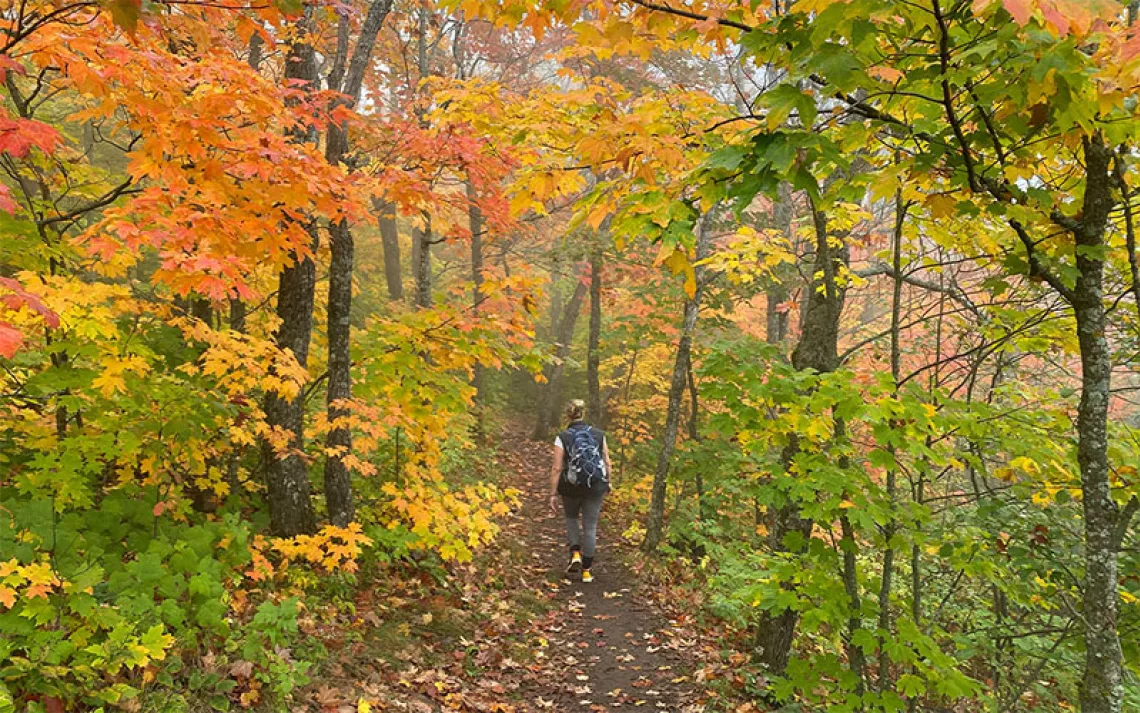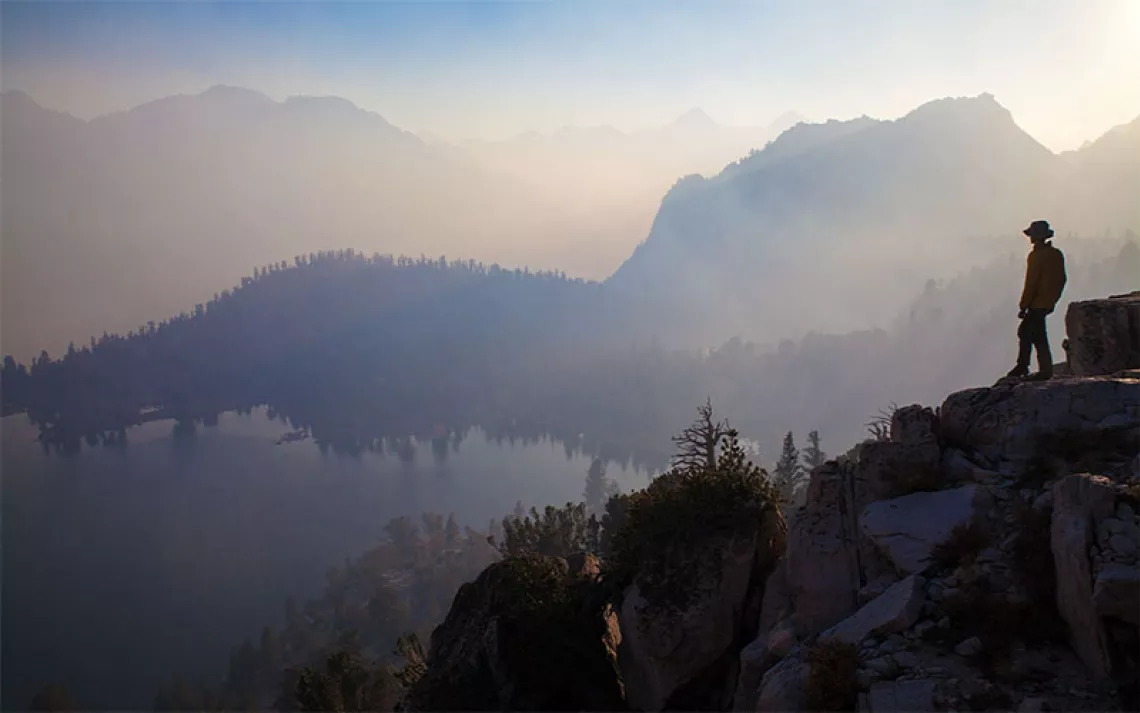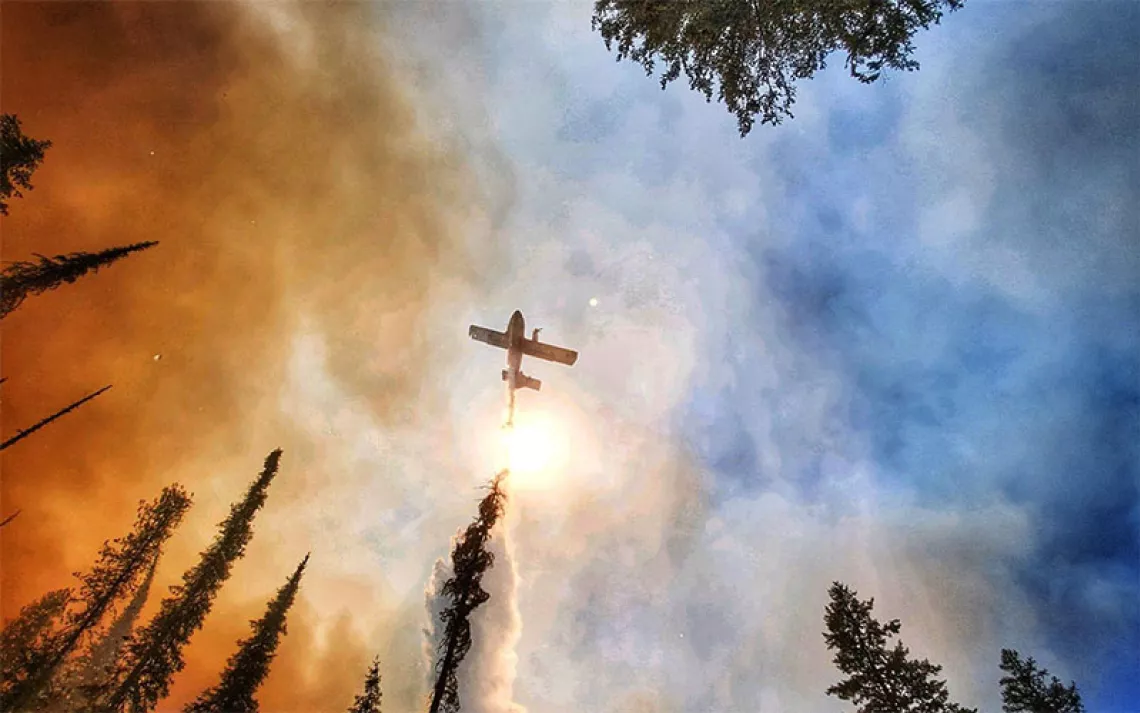An Ahwahnee by Any Other Name
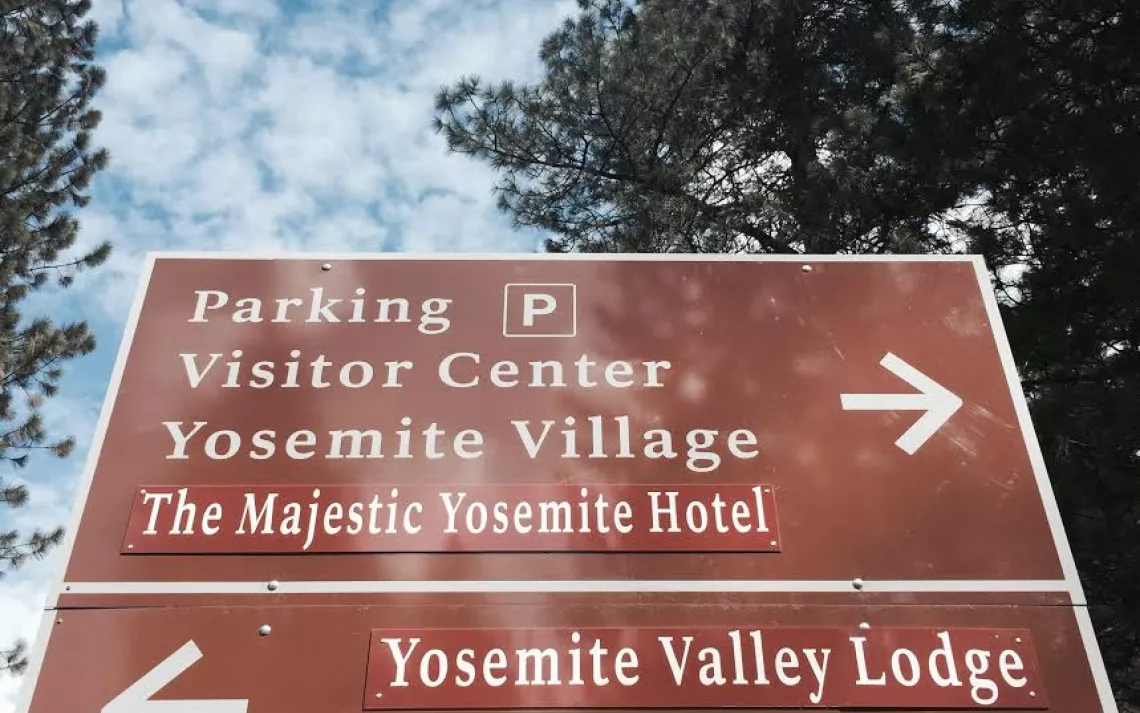
Photos by Avital Andrews
This weekend I traveled with my family to Yosemite National Park during what I’ve come to think of as the Great Name Debacle of 2016.
We stayed at the hotel formerly known as the Ahwahnee, a beautiful stone-and-wood lodge that’s on the National Register of Historic Places—it’s considered the crown jewel of national park hotels. It was the first time in all my years of travel writing that the name of the place where I was staying wasn’t shoved in my face the entire time I was there. There were no logoed pens beside the phone, no emblazoned napkins in the restaurant—not even a sign on the building to let guests know what the charge on their credit card would show. If it weren’t the Ahwahnee, it actually would have been kind of nice.
The hotel’s managers might be waiting to put the new signs up once it’s confirmed that the Ahwahnee Hotel will forever and henceforth be called the “Majestic Yosemite Hotel.” But though a new concessionaire, Aramark (operating here as “Yosemite Hospitality”) took over managing park properties on March 1, the name dispute is not at all resolved.
In case you’ve missed it, here’s a bit of backstory. Yosemite’s former hotel, food, and retail concessionaire, Delaware North, is suing the National Park Service, claiming that the government required it to buy the park names from the previous concessionaire, Curry Company, back in 1993, but that during this year’s contract transfer, the government is not requiring the new concessionaire to buy the names from Delaware North. Delaware North wants $51 million for the names and logos, including those of the Ahwahnee, Wawona Hotel, and Curry Village—all of which the company has trademarked. For its part, the park service says that the collective value of the names is $3.5 million. Meanwhile, people are outraged that the U.S. Patent and Trademark Office would even have issued trademarks for the names of publicly owned places, and that the National Parks Service allowed a contracted corporation to stake a claim to those names.
According to staffers at what had been the Ahwahnee, 95 percent of the hotel’s employees worked there before the contract was transferred, and Aramark kept on about half of the previous managers. Many of the hotel’s employees side with Delaware North, which makes sense, given that it was their longtime employer. They seem to believe that the National Park Service is trying to drive down the value of the park’s names so that the government can buy them back for a pittance.
Whether that’s true or just a conspiracy theory, what’s plain is that the situation is an embarrassment. All the gift shops are bereft of anything that says “Yosemite National Park” (though just “Yosemite” is kosher). Cashiers at the (ahem) Majestic said that in the run up to March 1, tens of thousands of dollars of Ahwahnee-branded merchandise flew off the hotel store’s shelves every day—there was nothing left to pack away. The transition, employees added, was “a mess.” Throughout the park, employees are straining over the new computer system and committing some minor customer service fumbles, though everyone is trying hard to be a good sport.
Still, it’s jarring to see long-standing Native American place names throughout Yosemite plastered over with blank space or, worse, generic anglicized words.
The Ahwahnee Hotel’s name was based on the Miwok word for Yosemite Valley—Ahwahnee translates as “place of the gaping mouth.” (The Ahwahneechee people lived in the valley for millennia before white men ousted them.) The Wawona Hotel—now Big Trees Lodge—got its previous, more lyrical name from the Paiute expression for an owl’s hoot. Curry Village, now Half Dome Village, was originally named for David and Jennie Curry, the conservationists who first encouraged travelers to camp here. (Its iconic entrance is covered with a vinyl sign that looks like it was printed at Kinkos.) Badger Pass Ski Area, now Yosemite Ski & Snowboard Area, was previously named for a local “species of concern."
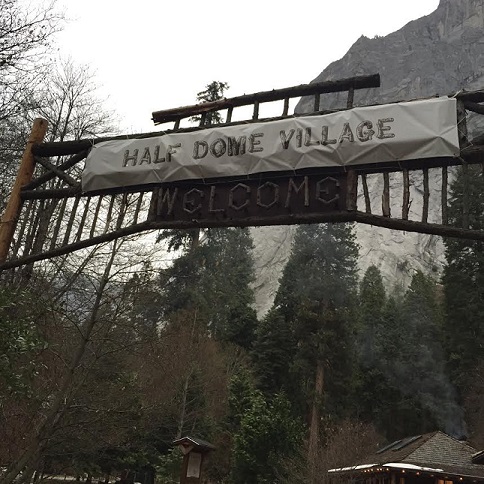
Thankfully, Tenaya Lodge is being spared a name change, which is nice, since Tenaya was the name of an important Ahwahneechee leader.
Delaware North’s argument that these original monikers are “intellectual property” is a real stretch, given that there was obviously no series of meetings during which branding executives sat around a table inventing these names. They simply appropriated words that native peoples had been using eons before the corporations arrived.
Even if the names could be classified as intellectual property, they should be the property of taxpayers. After all, isn’t the whole point of the national parks system to assure Americans that these incomparable lands belong to all of us?
“The new names were chosen in order to minimize the impact on visitors,” the park service contends, and were “prompted to eliminate trademark issues for [the] new concessioner.”
We can only hope that the lack of effort and imagination put into these new names—which are so bland that I have a hard time remembering them (the Ahwahnee front desk now answers the phone with a singsong "Majestic!")—indicates that the park service sees them as temporary.
In the end, though, it doesn't really matter what we humans call the tiny structures we build, fancy though they might be, at the foot of such eternal grandeur. While we bustle around in parking lots full of tour buses and SUVs, recline in hotel rooms with flat-screen TVs, dutifully take down and put up signs, and congratulate ourselves for not having ruined this land, too, nature’s timeless forces carry on. Waterfalls roar down granite, 2,000-year-old sequoias inch upward, and glacier-carved Half Dome presides above it all.
The ancient rivers will flow, the bears will slumber, the wildflowers will blossom, and the rain and snow will keep falling—all indifferent to the petty quibbling of the clothed primates that scurry about like ungracious insects on the valley floor.
WHAT YOU CAN DO
The beauty of this World Heritage Site won’t be lessened by the trademark squabble, but nonetheless plenty of people are upset at what feels like a senseless corporate power grab.
To express support for the park in its battle against DNC, send a message.
 The Magazine of The Sierra Club
The Magazine of The Sierra Club
